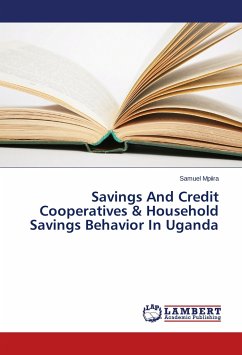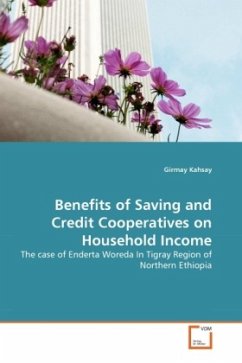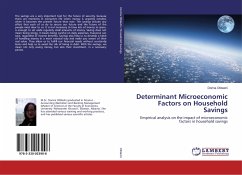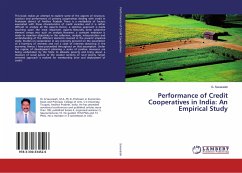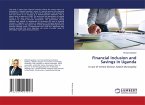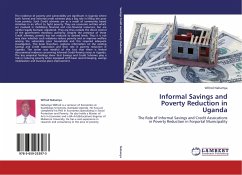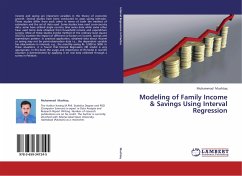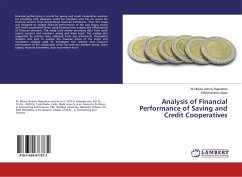This study looks at household savings behavior in relation to participation in SACCOS. Participants were disaggregated into those who save and those who do not save in the SACCO. Descriptive analysis of households was done to determine significant differences in the socio-economic characteristics of participants and non-participants. The determinants of the degree of SACCO participation: none membership, membership without savings and membership with savings using an ordered probit model. Weighted least squares (WLS) to determine the factors influencing the levels of deposits made in the SACCO. Results showed that the likelihood of membership and depositing in a SACCO increased with incomes, a move from a rural to urban location and having dependants in secondary schools. Households with stable income sources were less likely to join and save in a SACCO. SACCO deposits decreased with increasing distance to the district capital, Net deposits decreased with increase in level of education, wealth, trade and those with secondary school dependants. This indicates that SACCOS are not well suited to such households either in terms of prestige or adequacy and suitability of products.
Bitte wählen Sie Ihr Anliegen aus.
Rechnungen
Retourenschein anfordern
Bestellstatus
Storno

